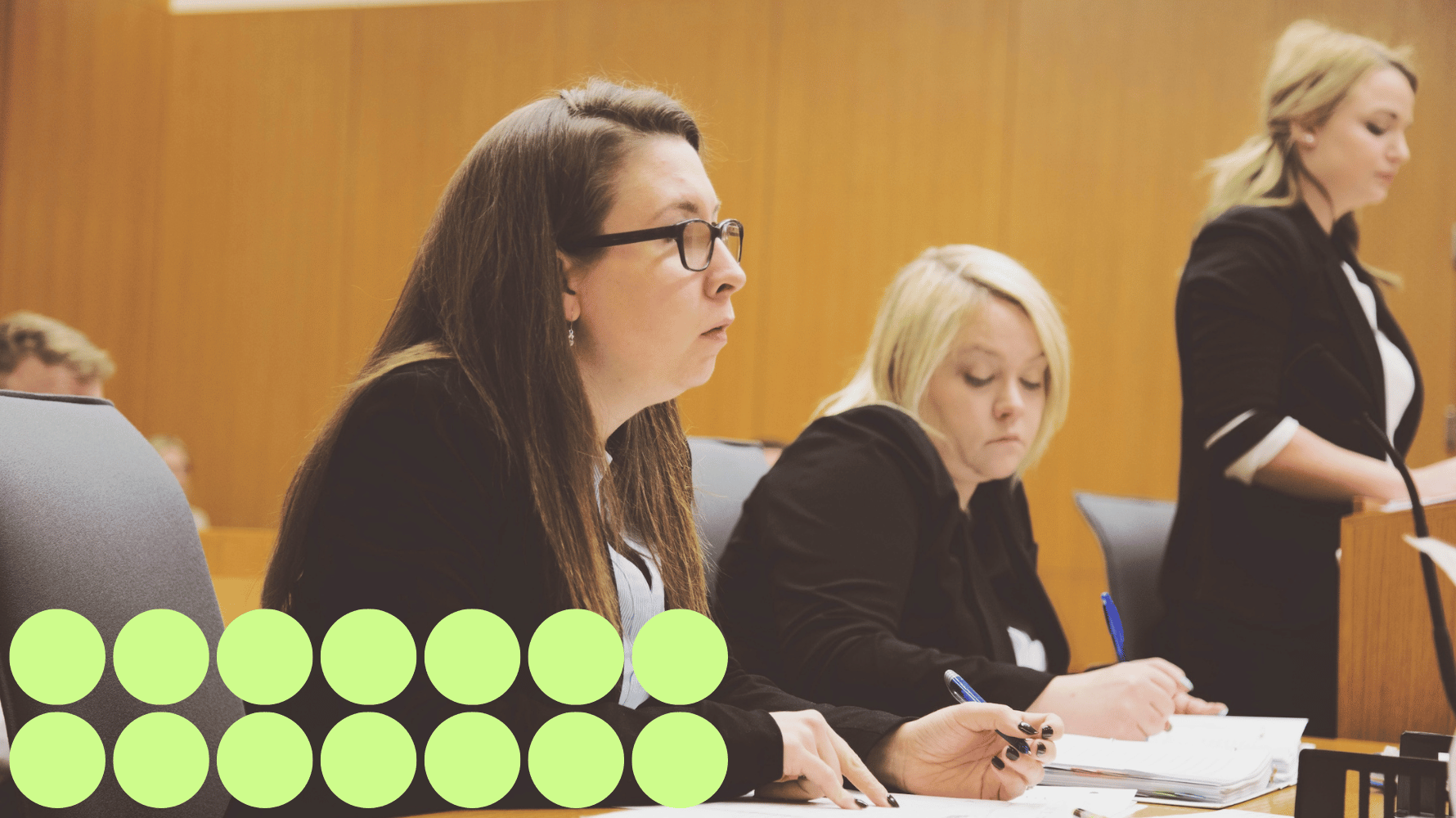Find your career
The Law Society of Ontario must license anyone providing legal representation in Ontario. Thanks to a diploma from Loyalist, graduates are qualified to apply for a Class P1 license, which opens doors to:
- Fee-for-service advocate, representing clients in Criminal Court, Provincial Offences Court, Small Claims Court or before administrative tribunals such as the Ontario Landlord and Tenant Board.
- Provincial offence prosecutors, paralegals in federal and provincial government legal departments, legal assistants in law offices and community legal clinics and court administration support staff.
- Be part of a legal team supporting lawyers dealing with complex issues and cases, in-house client services within government ministries, administrative agencies, private corporations, trade unions and professional associations.
- Graduates of this program, accredited by the Law Society of Ontario, are eligible to write the Paralegal Licensing Examination to become licensed to provide legal services in Ontario.
This program is accredited by the Law Society of Ontario. Loyalist’s Paralegal Education Program Accreditation was renewed in July 2020 and is valid for five years.
Our grads get great jobs
- Provincial Offences Prosecutor
- Municipal Prosecutor
- Paralegal, Graydon Ross LLP Planning Assistant/Deputy Clerk, Township of Havelock-Belmont-Methuen
- Paralegal, Bonn Law
- Court Clerk, Ministry of the Attorney General
- Paralegal, Reynolds O’Brien LLP
- Paralegal, Department of Justice Canada
- Paralegal, Community Advocacy and Legal Centre
- Paralegal, POINTTS
Is it for you?
If you’re drawn to the law, you can begin a rewarding career as a licensed paralegal in as little as two years. Successful candidates have:
- An analytical mind
- The ability to see problems from different perspectives
- Excellent attention to detail
- A desire to help others






